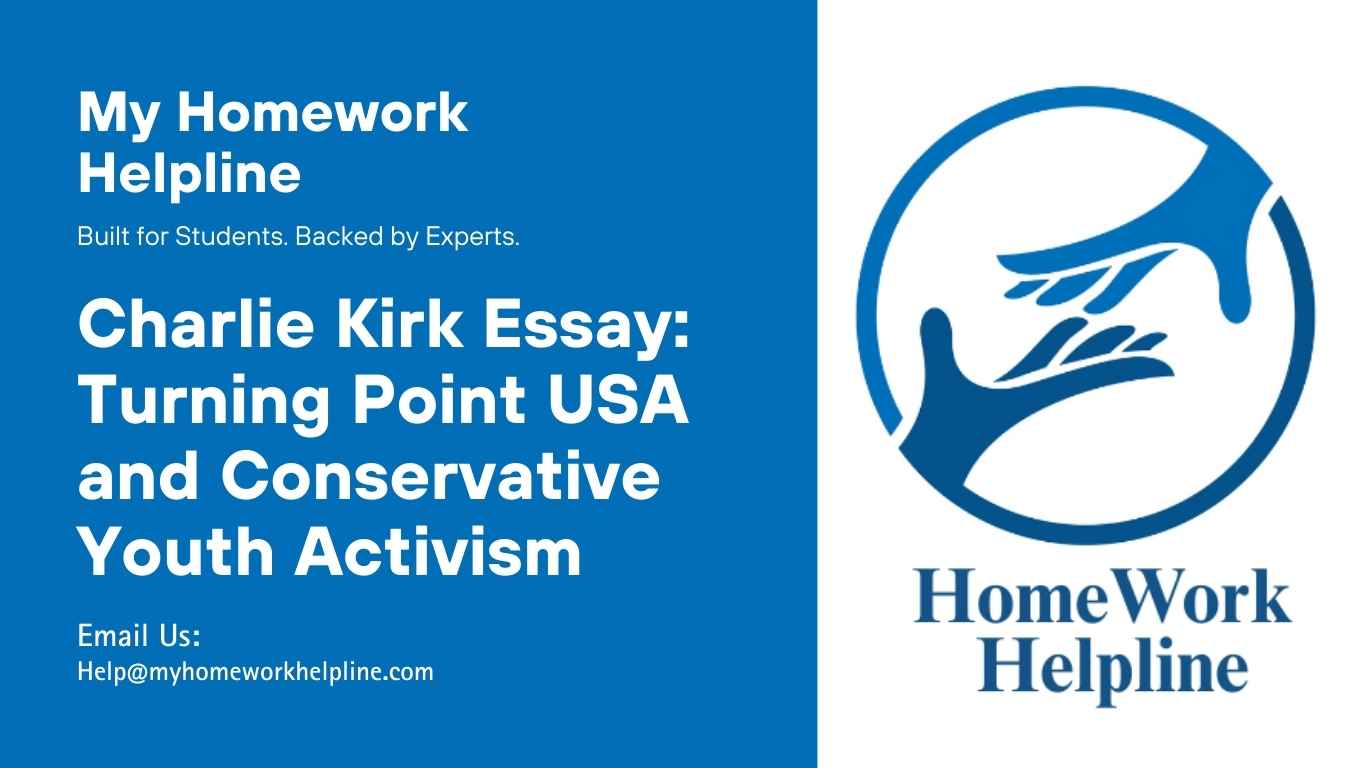Juvenile Waiver in Kent v. US Essay: Youth Transfer to Adult Courts
A waiver to transfer a juvenile to criminal court might have significant consequences for the youth. Although there are some beneficial outcomes, the negative impacts on youngsters much exceed the good ones. Scenarios when a juvenile offender should be tried as an adult should be done only in the most severe cases. More damage than […]










